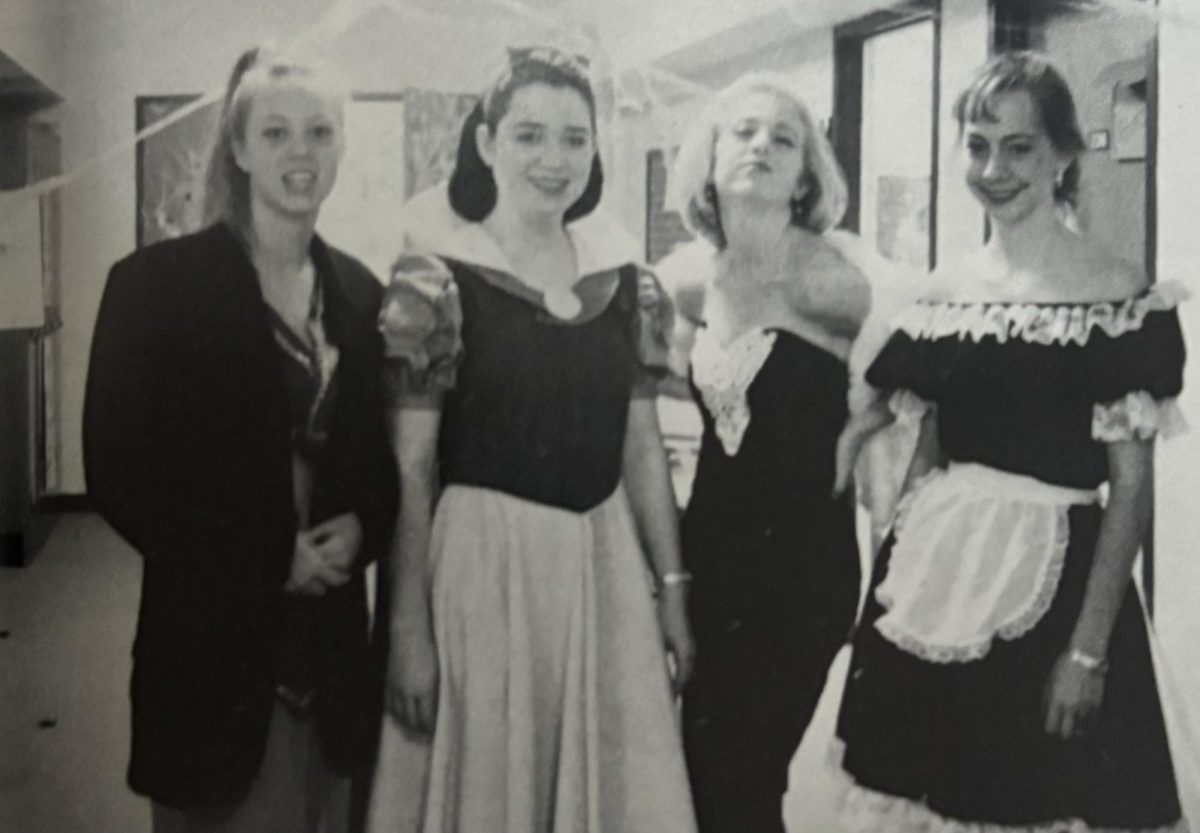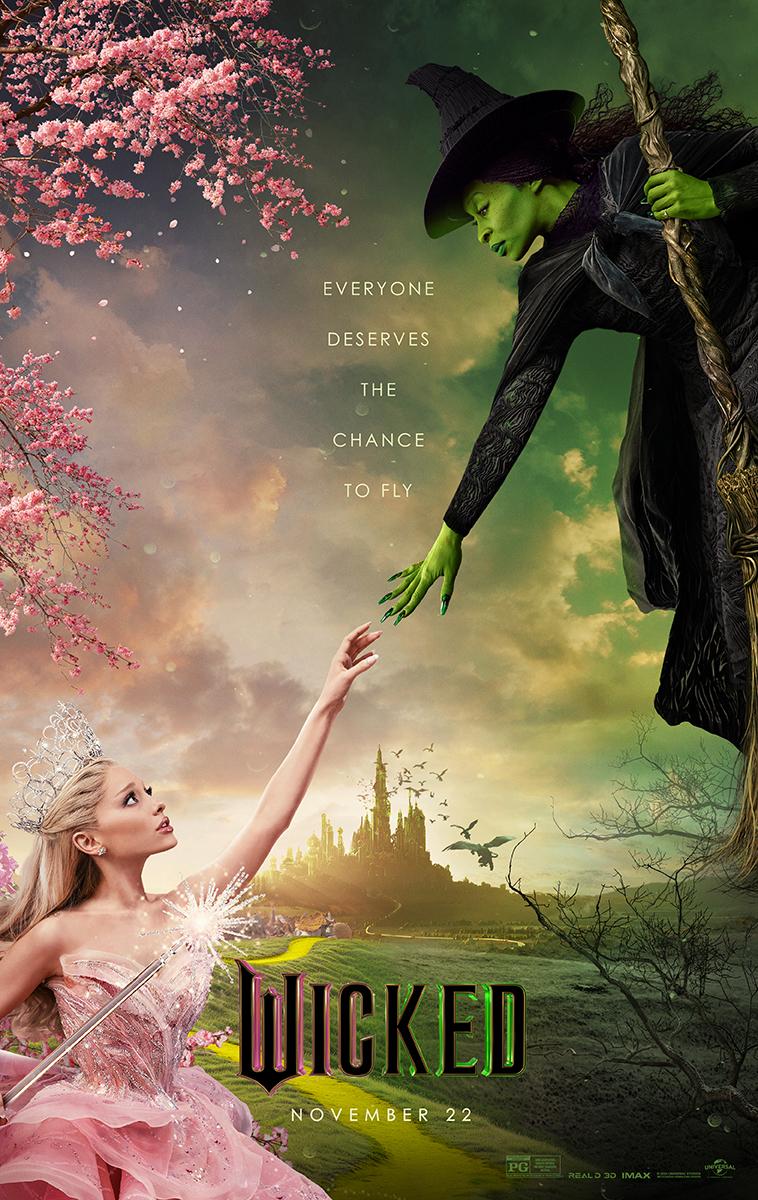One hour and three coffees later, my socks are ironed, my saddle oxfords are polished and my loose change has been neatly organized, but the ominous blinking of the cursor on the blank screen haunts me. I have, yet again, productively procrastinated, doing everything in my power to avoid completing what actually needs to be done and succumbing to my least favorite alliterate expression: perfectionist paralysis.
My desire for perfection probably started around the time that “checks” and “check-pluses” were replaced with actual letter grades circa December of sixth grade. I had an abrupt realization that what I had considered completely satisfactory grades, my peers considered completely insufficient. No longer was I elated with a tiny plus sign or eased with a solid “check,” but my nitpicking brain would refuse to be okay with the descriptors competent, good, or anything but absolutely excellent.
Through years of working hard or giving up, I realized that perfectionism is a one-way road to self-deprecation and a step backwards in the way of knowledge. I either wanted to try and be the best, or surrender and claim justified disqualification, but what I didn’t realize is that’s not how life works and that’s not the type of person I want to be. But more importantly, I began to realize that I was far from being the only person who suffered from this paralyzing disorder.
Upper School English teacher Kyle Vaughn, a frequent witness of Hockadaisies’ fear of failure in English, believes that our fault lies not in our abhorrence of failure, but more in our affinity to the letter “A.” He believes that we have stumbled off the right path, falling in love with a grade instead of falling in love with the process of learning.
“You have to allow yourself to have that bad, first draft and not let that critical voice take over,” said Vaughn. “You must love the process as much as the product.”
In his creative writing class, Vaughn especially forces us to explore the habits of the mind. Vaughn’s encouragement of stream of consciousness, free writing and meditation has really helped me suppress my need for perfection and enjoy the practice of writing. Writers, especially Hockadaisies, don’t have time to await the perfect first draft; all writers must try and try again, until you achieve that excellent—not perfect—final paper.
I think that practicing certain techniques to overcome perfectionist paralysis is incredibly important, but I think the real issue is the emphasis that students, and parents alike, place on the college process. Throughout my high school career, there have been times where every grade felt like a building block (or the crumbling key stone) to my future existence, and that’s the type of view that we need to get away from.
“I try to get [students] to look beyond what the test and the grade and the college means because your life is hopefully a span of about 100 years,” said Margaret Morse, Upper School Counselor. “College is four years of your life. If all your eggs are in one basket, such as I’ve got to make all A’s and get into this one college or my life is going to be terminated, that’s really faulty thinking.”
As I sat on a plane, waiting to depart for California and visit colleges, my mom began to read me excerpts from the book that Eugene McDermott Headmistress Kim Wargo asked faculty and parents to read: “Mindset: The New Psychology of Success” by Dr. Carol Dweck. Realizing the characteristics of both open and fixed mindsets that I embodied, I decided that this information was incredibly helpful for me to apply in my college search but would’ve been even more helpful earlier in my education.
Striving to be your best and striving to be the best are two totally separate things; one you can help and the other you cannot. Open discussions and assemblies where alumnae proclaim that the “B-” they got in Chemistry didn’t define their lives or stifle their love for science is refreshing. Wargo agrees that literature like Dweck’s should be read by Hockadaisies, but hesitates to require another thing in our already responsibility-ridden lives. Personally, I would much rather take a little time to learn about the inner workings of my mind than have my mom forever deem me a fixed mindset without a chance to change.
As I do my college interviews, write dozens of application essays that can’t afford to be stalled by perfectionist paralysis and wait to receive a “yes” or a “no,” I have faith that, as a Hockadaisy, I will succeed in any environment. I won’t forget “wobbling” in the hallway with Mr. Ashton or fist-bumping Mrs. Wargo, but I can’t say that I’ll remember that “C-” I got on my webassign.
– Allie




